OpenAI’s ChatGPT enters classrooms and could AI be the game-changer in tackling the opioid epidemic?
Explore the ever-evolving landscape of artificial intelligence with OpenAI’s revolutionary guide for educators aiming to harness the potential of ChatGPT in classrooms. Hear insights from Google DeepMind’s co-founder on the critical importance of AI standards, alongside the tech giant’s endeavors in battling the opioid crisis. Delve into Google AI’s WeatherBench 2, aimed at refining weather forecasting models, while AI’s capability to predict distinct smells offers a novel perspective for the food and cleaning sectors. Wrap it up with OpenAI’s recent strides in expanding its reach through strategic guides and partnerships.

Welcome to AI Unraveled, the podcast that demystifies frequently asked questions on artificial intelligence and keeps you up to date with the latest AI trends.
Join us as we delve into groundbreaking research, innovative applications, and emerging technologies that are pushing the boundaries of AI. From the latest trends in ChatGPT and the recent merger of Google Brain and DeepMind, to the exciting developments in generative AI, we’ve got you covered with a comprehensive update on the ever-evolving AI landscape. In today’s episode, we’ll cover OpenAI providing a guide for teachers using ChatGPT in the classroom, Google DeepMind’s co-founder urging enforcement of AI standards and tackling the opioid epidemic, Google AI introducing WeatherBench 2 for weather forecasting models, AI predicting smells for food and cleaning industries, OpenAI expanding with guides and partnerships, and the ease of starting a podcast with hyper-realistic AI voices using the Wondercraft AI platform.
OpenAI has recently released a guide specially designed for teachers who want to incorporate ChatGPT into their classrooms.
This comprehensive guide includes suggested prompts, explanations about ChatGPT’s functionality and limitations, and insights into AI detectors and bias. It even highlights success stories of educators who have successfully utilized ChatGPT to enhance student learning. If you’re a teacher looking to get started, the guide also provides helpful prompts to kickstart your journey. And if you have any questions, OpenAI has you covered with their FAQ section, where you can find additional resources and answers to common inquiries about teaching with and about AI.
But why is this important, you may wonder? OpenAI’s dedication to empowering teachers with valuable resources and insights allows for more effective use of ChatGPT in classrooms, ultimately benefiting students’ learning experiences. Competitors like Bard, Bing, and Claude might feel the pressure to provide similar comprehensive guidance to educators. Failing to do so could put them at a disadvantage in the increasingly competitive AI education market.
Now, let’s take a look at how teachers are leveraging ChatGPT in their classrooms.
Dr. Helen Crompton, a Professor of Instructional Technology, encourages her students to use ChatGPT as a stand-in for different personas during role-playing exercises. By engaging in challenging conversations, students gain a deeper understanding of the subject matter from different perspectives. Another educator, Fran Bellas, utilizes ChatGPT as an assistant to help create quizzes, tests, and lesson plans based on the curriculum. By feeding the curriculum into ChatGPT, teachers can generate fresh ideas and ensure inclusivity and accessibility for the students. Dr. Anthony Kaziboni, the Head of Research at the University of Johannesburg, highlights how ChatGPT is a valuable tool for non-English speakers by assisting with translation, improving English writing skills, and facilitating conversation practice. Lastly, Geetha Venugopal, a high school computer science teacher, teaches her students about critical thinking by encouraging them to approach ChatGPT’s answers with skepticism. She advises students to confirm information through multiple sources and develop their critical thinking, problem-solving, and creativity skills.
In a world where AI is becoming increasingly prevalent, teaching students how to responsibly use AI tools is as important as teaching them how to navigate the internet. OpenAI’s efforts to provide guidance and support to teachers in incorporating ChatGPT into their classrooms are instrumental in preparing students for the AI-driven future.
Hey everyone! In some interesting news, Mustafa Suleyman, co-founder of Google DeepMind, is urging the US to enforce AI standards.
He believes that Nvidia’s AI chips should only be sold to buyers who agree to use them ethically. Suleyman suggests that global AI usage standards should be enforced, and he even recommends that Nvidia chip consumers commit to these standards. This comes at a time when export restrictions of AI chips are expanding to various regions.
Moving on to another topic, it seems that Anguilla’s “.ai” domain is turning into a digital gold mine.
Due to increased interest from tech companies, the island’s economy, which heavily relies on tourism, could generate up to $30 million in revenue this year. Registrars are paying a fixed fee for registrations, and the popularity of the domain has skyrocketed since the release of OpenAI’s ChatGPT. In fact, there has been a doubling of “.ai” domain registrations in the past year.
In AI development news, Meta has introduced a privacy setting that allows users to request not to use their data for training AI models. However, there may be limitations based on the user’s country of residence and specific data types.
This move highlights the ongoing conversation around data privacy and AI.
Lastly, let’s talk about Google’s Gemini AI. With an IQ of 155, it’s certainly smart enough.
But there’s one important aspect that needs improvement: reducing the hallucination rate. Gemini currently has a hallucination rate of about 10%, which is a limitation. The goal is to lower it to 5% or even less. If Google can achieve this, Gemini will prove to be more powerful than other models in real-world applications. It’s an exciting development, and we’ll see how well Google has done when Gemini is released before the new year.
Now, let’s dive into the potential game-changer for tackling the opioid epidemic:
AI. Experts are turning to advanced technology, such as AI, to combat this stubborn and complex crisis. It’s an ongoing battle, but there’s hope that AI could provide innovative solutions to help overcome the challenges posed by the opioid epidemic.
Advertise with us - Post Your Good Content Here
We are ranked in the Top 20 on Google
AI Dashboard is available on the Web, Apple, Google, and Microsoft, PRO version
That’s it for today’s news roundup. Stay tuned for more exciting developments in the world of AI!
The opioid crisis has been a serious issue, with over a million overdose deaths since 1999. Traditional methods of prevention and regulation have not been successful in tackling this problem. However, there is a glimmer of hope with the advancements in artificial intelligence.
AI is playing a pivotal role in various aspects of addressing the crisis. It is being used to identify individuals who are at risk, monitor their treatment progress, and even predict the likelihood of relapse. One interesting way AI is being utilized is through the analysis of social media behavior. By decoding patterns and recognizing troubling signs, early interventions can be made.
Additionally, there are exciting developments in wearable devices. These devices powered by AI technology can actually detect symptoms of an overdose and initiate life-saving treatment automatically. This can make a significant difference in saving lives.
It’s important to acknowledge that AI comes with its own set of challenges. Privacy concerns arise when facial recognition technology is used, as it could lead to discrimination. Moreover, there is a risk of false data being fed into chatbots, potentially causing harm.
To ensure that AI contributes positively rather than becoming a dystopian threat, it is essential to build trust in its application and ensure responsible deployment. Striking the right balance between innovation and ethical considerations will be key in the fight against the opioid crisis.
Did you know that machine learning (ML) has been playing an increasingly important role in weather forecasting?
It’s true! In fact, ML models have become so accurate that they can now compete with traditional physics-based models. This exciting progress has the potential to greatly improve the precision of weather forecasts worldwide.
To help facilitate further advancements in this field, Google, Deepmind, and the European Centre for Medium-Range Weather Forecasts have recently introduced WeatherBench 2. It’s a benchmarking and comparison framework specifically designed for evaluating and comparing different weather prediction models.
One of the key features of WeatherBench 2 is its thorough replica of the ERA5 dataset, which is widely used to train ML models. Additionally, there’s an open-source evaluation code, as well as publicly available ground-truth and baseline datasets that have been optimized for cloud computing.
At the moment, WeatherBench 2 is primarily focused on global, medium-range (1-15 day) forecasting. However, the research team has plans to expand its capabilities to include evaluation and baselines for other types of weather forecasting, such as nowcasting and short-term (0-24 hour) and long-term (15+ day) prediction.
When it comes to evaluating weather predictions, it’s not as simple as just looking at a single score. Different users may have varying preferences, with one person prioritizing average temperature while another might be more concerned about wind gusts. That’s why WeatherBench 2 includes a range of metrics to capture different aspects of weather accuracy.
With the introduction of WeatherBench 2, the hope is to enable more standardized and objective evaluations of weather prediction models, ultimately leading to more reliable and precise forecasts for everyone.
There’s a fascinating new study that just came out about an AI system that can predict the smell of a compound based on its molecular structure.
Yep, you heard that right! This AI, developed by the folks at startup Osmo, can actually analyze the structure of a compound and assign it one of 55 descriptive words to describe its smell. How cool is that?
Now, you might be wondering why this is such a big deal. Well, think about it. This breakthrough could have some major implications for industries like food and cleaning products, where synthetic scents are everywhere. Being able to accurately predict how a compound will smell could really help enhance these industries and make their products even better. It’s all about creating those pleasing aromas that we all love.
What’s really interesting about this AI system is that its predictions often align more closely with human consensus than any individual guess. That’s pretty impressive! It shows just how robust and reliable this system is. But of course, there’s still more work to be done. The next step for this research is to figure out how different odorants mix and compete to create a smell that our brains identify as unique. And let me tell you, that’s no easy task. Even with just a small set of odorants, there are so many possible combinations to consider. As Stuart Firestein, a neurobiologist at Columbia University, puts it, “Predicting what a mix smells like is the next frontier.” It’s definitely a challenge, but I have no doubt that these brilliant researchers will figure it out.
OpenAI recently published a guide for teachers interested in incorporating ChatGPT into their classrooms.
This comprehensive guide offers suggested prompts, explanations of ChatGPT’s functionalities and limitations, and insights into AI detectors and bias. It also features success stories from educators who have used ChatGPT to enhance student learning. Additionally, OpenAI’s FAQ section provides further resources and answers common questions about teaching with and about AI.
Latest AI News and Trends
Meta, on the other hand, made two notable announcements. Firstly, they have commercially relicensed and expanded DINOv2, a computer vision model, under the Apache 2.0 license. Secondly, they introduced FACET (FAirness in Computer Vision EvaluaTion), a benchmark for assessing the fairness of computer vision models. FACET includes a dataset of 32,000 images with annotations of 50,000 people, enabling the evaluation of biases against different classes.
Speak, an AI-backed language learning app, recently secured $16 million in Series B-2 funding. This investment will support the app’s expansion into new markets, including the United States. Speak leverages AI technology, such as OpenAI’s GPT-4 text-generating model and Whisper API for multilingual speech recognition. By offering personalized and contextual feedback, Speak has gained popularity in South Korea, and it differentiates itself by providing affordable language education.
Dell Technologies has raised its revenue and profit forecasts for the year due to increased demand for AI and the recovery of computer hardware and server product markets. The company’s shares have risen by 8% in extended trading.
Samsung has launched an AI-powered food and recipe app, available in 104 countries and 8 languages. Compatible with Samsung smartphones and smart home appliances, the app boasts a database of over 160,000 recipes. Users can discover new dishes, create personalized meal plans, and even order ingredients online. Furthermore, the app provides step-by-step guidance to help users prepare their culinary creations. Samsung partnered with Whisk, a smart food platform, to develop this innovative app.
Lastly, IBM and Salesforce have joined forces to drive trustworthy AI adoption in customer relationship management (CRM). IBM Consulting will leverage its industry expertise and delivery models to guide clients in utilizing Salesforce’s AI technologies, such as Einstein, Sales Cloud, Service Cloud, Marketing Cloud, and Slack. Clients will have access to AI experience and implementation accelerators through IBM Consulting Managed Services for Salesforce. The collaboration aims to enhance productivity, foster growth, and deliver personalized customer experiences.
Hey there, AI Unraveled podcast listeners! I’ve got some exciting news for you.
If you’re curious about artificial intelligence and want to dive deeper into its ins and outs, then I’ve got the perfect recommendation for you. It’s a must-read book called “AI Unraveled: Demystifying Frequently Asked Questions on Artificial Intelligence” by Etienne Noumen.
This book is the go-to resource for unraveling the mysteries of AI. Whether you’re a beginner or already have some knowledge on the subject, this book will help you expand your understanding of artificial intelligence. It covers all those burning questions you may have, helping to demystify the topic in a straightforward and accessible way.
The best part? You can grab a copy of “AI Unraveled” from popular platforms like Shopify, Apple, Google, or Amazon today. So, no matter where you prefer to shop, you can easily get your hands on this essential book. With its detailed insights and informative approach, it’s a valuable addition to any AI enthusiast’s collection.
Don’t miss out on this opportunity to enhance your knowledge of artificial intelligence. Head to Shopify, Apple, Google, or Amazon now and start unraveling the secrets of AI with “AI Unraveled: Demystifying Frequently Asked Questions on Artificial Intelligence” by Etienne Noumen.
In today’s podcast, we discussed OpenAI’s guide for teachers using ChatGPT in the classroom, Google DeepMind’s call for AI standards enforcement, the use of AI to tackle the opioid crisis, Google AI’s WeatherBench 2 framework for weather forecasting, AI’s ability to predict smells, recent developments from OpenAI, Meta, Dell, Samsung, IBM, and Salesforce, and the ease of starting a podcast with the help of the Wondercraft AI platform. Join us next time on AI Unraveled as we continue to demystify frequently asked questions on artificial intelligence and bring you the latest trends in AI, including ChatGPT advancements and the exciting collaboration between Google Brain and DeepMind. Stay informed, stay curious, and don’t forget to subscribe for more!
Emerging AI Innovations: Top Trends Shaping the Landscape in September 2023
Active Hydrating Toner, Anti-Aging Replenishing Advanced Face Moisturizer, with Vitamins A, C, E & Natural Botanicals to Promote Skin Balance & Collagen Production, 6.7 Fl Oz


Age Defying 0.3% Retinol Serum, Anti-Aging Dark Spot Remover for Face, Fine Lines & Wrinkle Pore Minimizer, with Vitamin E & Natural Botanicals


Firming Moisturizer, Advanced Hydrating Facial Replenishing Cream, with Hyaluronic Acid, Resveratrol & Natural Botanicals to Restore Skin's Strength, Radiance, and Resilience, 1.75 Oz

Skin Stem Cell Serum


Smartphone 101 - Pick a smartphone for me - android or iOS - Apple iPhone or Samsung Galaxy or Huawei or Xaomi or Google Pixel
Can AI Really Predict Lottery Results? We Asked an Expert.
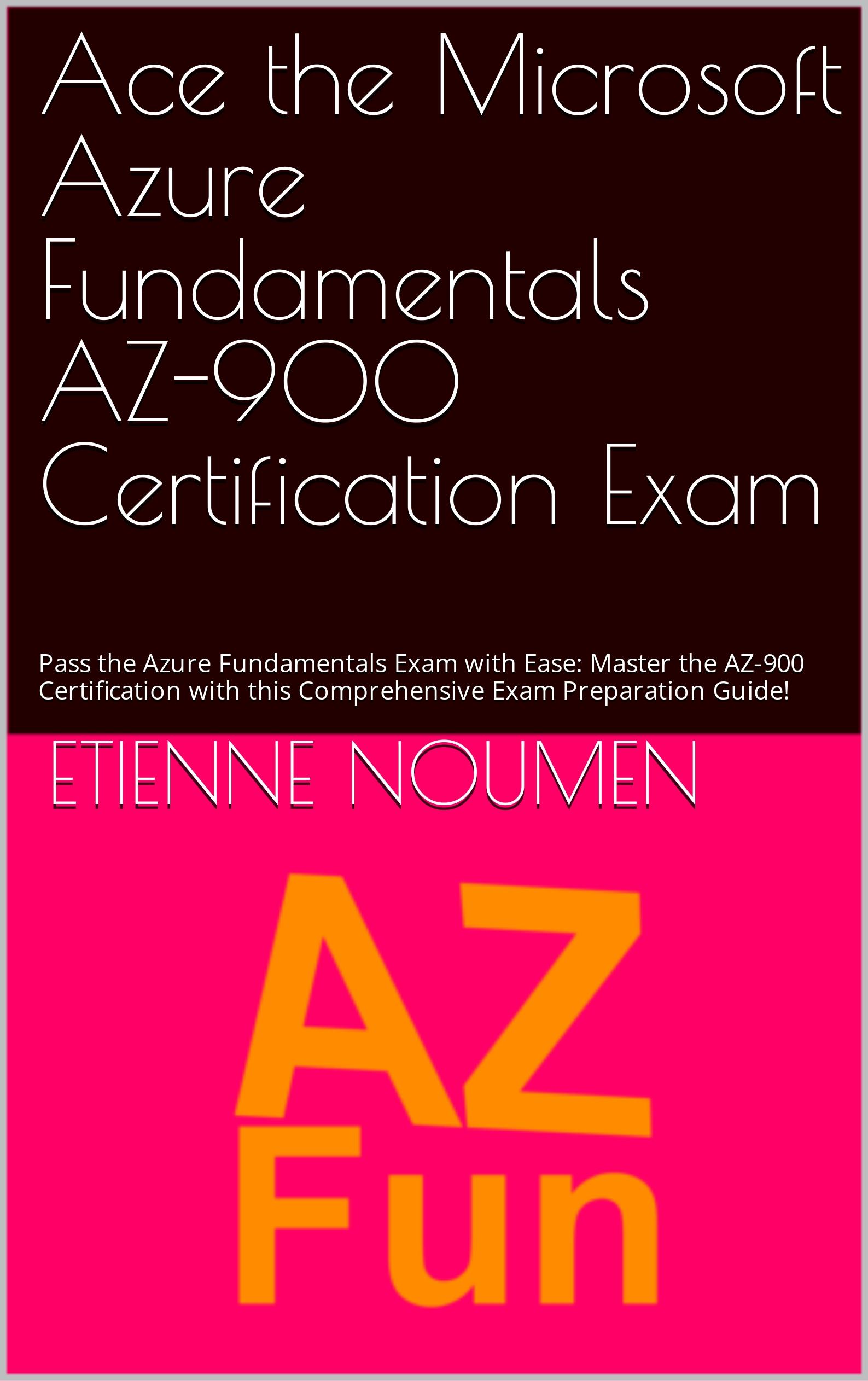
Djamgatech

Read Photos and PDFs Aloud for me iOS
Read Photos and PDFs Aloud for me android
Read Photos and PDFs Aloud For me Windows 10/11
Read Photos and PDFs Aloud For Amazon
Get 20% off Google Workspace (Google Meet) Business Plan (AMERICAS): M9HNXHX3WC9H7YE (Email us for more)
Get 20% off Google Google Workspace (Google Meet) Standard Plan with the following codes: 96DRHDRA9J7GTN6(Email us for more)
FREE 10000+ Quiz Trivia and and Brain Teasers for All Topics including Cloud Computing, General Knowledge, History, Television, Music, Art, Science, Movies, Films, US History, Soccer Football, World Cup, Data Science, Machine Learning, Geography, etc....

List of Freely available programming books - What is the single most influential book every Programmers should read
- Bjarne Stroustrup - The C++ Programming Language
- Brian W. Kernighan, Rob Pike - The Practice of Programming
- Donald Knuth - The Art of Computer Programming
- Ellen Ullman - Close to the Machine
- Ellis Horowitz - Fundamentals of Computer Algorithms
- Eric Raymond - The Art of Unix Programming
- Gerald M. Weinberg - The Psychology of Computer Programming
- James Gosling - The Java Programming Language
- Joel Spolsky - The Best Software Writing I
- Keith Curtis - After the Software Wars
- Richard M. Stallman - Free Software, Free Society
- Richard P. Gabriel - Patterns of Software
- Richard P. Gabriel - Innovation Happens Elsewhere
- Code Complete (2nd edition) by Steve McConnell
- The Pragmatic Programmer
- Structure and Interpretation of Computer Programs
- The C Programming Language by Kernighan and Ritchie
- Introduction to Algorithms by Cormen, Leiserson, Rivest & Stein
- Design Patterns by the Gang of Four
- Refactoring: Improving the Design of Existing Code
- The Mythical Man Month
- The Art of Computer Programming by Donald Knuth
- Compilers: Principles, Techniques and Tools by Alfred V. Aho, Ravi Sethi and Jeffrey D. Ullman
- Gödel, Escher, Bach by Douglas Hofstadter
- Clean Code: A Handbook of Agile Software Craftsmanship by Robert C. Martin
- Effective C++
- More Effective C++
- CODE by Charles Petzold
- Programming Pearls by Jon Bentley
- Working Effectively with Legacy Code by Michael C. Feathers
- Peopleware by Demarco and Lister
- Coders at Work by Peter Seibel
- Surely You're Joking, Mr. Feynman!
- Effective Java 2nd edition
- Patterns of Enterprise Application Architecture by Martin Fowler
- The Little Schemer
- The Seasoned Schemer
- Why's (Poignant) Guide to Ruby
- The Inmates Are Running The Asylum: Why High Tech Products Drive Us Crazy and How to Restore the Sanity
- The Art of Unix Programming
- Test-Driven Development: By Example by Kent Beck
- Practices of an Agile Developer
- Don't Make Me Think
- Agile Software Development, Principles, Patterns, and Practices by Robert C. Martin
- Domain Driven Designs by Eric Evans
- The Design of Everyday Things by Donald Norman
- Modern C++ Design by Andrei Alexandrescu
- Best Software Writing I by Joel Spolsky
- The Practice of Programming by Kernighan and Pike
- Pragmatic Thinking and Learning: Refactor Your Wetware by Andy Hunt
- Software Estimation: Demystifying the Black Art by Steve McConnel
- The Passionate Programmer (My Job Went To India) by Chad Fowler
- Hackers: Heroes of the Computer Revolution
- Algorithms + Data Structures = Programs
- Writing Solid Code
- JavaScript - The Good Parts
- Getting Real by 37 Signals
- Foundations of Programming by Karl Seguin
- Computer Graphics: Principles and Practice in C (2nd Edition)
- Thinking in Java by Bruce Eckel
- The Elements of Computing Systems
- Refactoring to Patterns by Joshua Kerievsky
- Modern Operating Systems by Andrew S. Tanenbaum
- The Annotated Turing
- Things That Make Us Smart by Donald Norman
- The Timeless Way of Building by Christopher Alexander
- The Deadline: A Novel About Project Management by Tom DeMarco
- The C++ Programming Language (3rd edition) by Stroustrup
- Patterns of Enterprise Application Architecture
- Computer Systems - A Programmer's Perspective
- Agile Principles, Patterns, and Practices in C# by Robert C. Martin
- Growing Object-Oriented Software, Guided by Tests
- Framework Design Guidelines by Brad Abrams
- Object Thinking by Dr. David West
- Advanced Programming in the UNIX Environment by W. Richard Stevens
- Hackers and Painters: Big Ideas from the Computer Age
- The Soul of a New Machine by Tracy Kidder
- CLR via C# by Jeffrey Richter
- The Timeless Way of Building by Christopher Alexander
- Design Patterns in C# by Steve Metsker
- Alice in Wonderland by Lewis Carol
- Zen and the Art of Motorcycle Maintenance by Robert M. Pirsig
- About Face - The Essentials of Interaction Design
- Here Comes Everybody: The Power of Organizing Without Organizations by Clay Shirky
- The Tao of Programming
- Computational Beauty of Nature
- Writing Solid Code by Steve Maguire
- Philip and Alex's Guide to Web Publishing
- Object-Oriented Analysis and Design with Applications by Grady Booch
- Effective Java by Joshua Bloch
- Computability by N. J. Cutland
- Masterminds of Programming
- The Tao Te Ching
- The Productive Programmer
- The Art of Deception by Kevin Mitnick
- The Career Programmer: Guerilla Tactics for an Imperfect World by Christopher Duncan
- Paradigms of Artificial Intelligence Programming: Case studies in Common Lisp
- Masters of Doom
- Pragmatic Unit Testing in C# with NUnit by Andy Hunt and Dave Thomas with Matt Hargett
- How To Solve It by George Polya
- The Alchemist by Paulo Coelho
- Smalltalk-80: The Language and its Implementation
- Writing Secure Code (2nd Edition) by Michael Howard
- Introduction to Functional Programming by Philip Wadler and Richard Bird
- No Bugs! by David Thielen
- Rework by Jason Freid and DHH
- JUnit in Action
#BlackOwned #BlackEntrepreneurs #BlackBuniness #AWSCertified #AWSCloudPractitioner #AWSCertification #AWSCLFC02 #CloudComputing #AWSStudyGuide #AWSTraining #AWSCareer #AWSExamPrep #AWSCommunity #AWSEducation #AWSBasics #AWSCertified #AWSMachineLearning #AWSCertification #AWSSpecialty #MachineLearning #AWSStudyGuide #CloudComputing #DataScience #AWSCertified #AWSSolutionsArchitect #AWSArchitectAssociate #AWSCertification #AWSStudyGuide #CloudComputing #AWSArchitecture #AWSTraining #AWSCareer #AWSExamPrep #AWSCommunity #AWSEducation #AzureFundamentals #AZ900 #MicrosoftAzure #ITCertification #CertificationPrep #StudyMaterials #TechLearning #MicrosoftCertified #AzureCertification #TechBooks
Top 1000 Canada Quiz and trivia: CANADA CITIZENSHIP TEST- HISTORY - GEOGRAPHY - GOVERNMENT- CULTURE - PEOPLE - LANGUAGES - TRAVEL - WILDLIFE - HOCKEY - TOURISM - SCENERIES - ARTS - DATA VISUALIZATION

Top 1000 Africa Quiz and trivia: HISTORY - GEOGRAPHY - WILDLIFE - CULTURE - PEOPLE - LANGUAGES - TRAVEL - TOURISM - SCENERIES - ARTS - DATA VISUALIZATION

Exploring the Pros and Cons of Visiting All Provinces and Territories in Canada.

Exploring the Advantages and Disadvantages of Visiting All 50 States in the USA

Health Health, a science-based community to discuss health news and the coronavirus (COVID-19) pandemic
- US infant mortality increased in 2022 for the first time in decades, CDC report showsby /u/cnn on July 25, 2024 at 6:37 pm
submitted by /u/cnn [link] [comments]
- Study raises hopes that shingles vaccine may delay onset of dementia | Dementia | The Guardianby /u/chilladipa on July 25, 2024 at 3:38 pm
submitted by /u/chilladipa [link] [comments]
- How fit is your city? New rankings by the American College of Sports Medicineby /u/idc2011 on July 25, 2024 at 3:35 pm
submitted by /u/idc2011 [link] [comments]
- Twice-Yearly Lenacapavir or Daily F/TAF for HIV Prevention in Cisgender Women | New England Journal of Medicineby /u/chilladipa on July 25, 2024 at 3:30 pm
submitted by /u/chilladipa [link] [comments]
- Biden Made a Healthy Decisionby /u/theatlantic on July 25, 2024 at 3:15 pm
submitted by /u/theatlantic [link] [comments]
Today I Learned (TIL) You learn something new every day; what did you learn today? Submit interesting and specific facts about something that you just found out here.
- TIL actor John Larroquette was the uncredited narrator of the prologue to the 1974 horror movie Texas Chainsaw Massacre. In lieu of cash, he was paid by the Director Tobe Hooper in Marijuana.by /u/openletter8 on July 25, 2024 at 6:56 pm
submitted by /u/openletter8 [link] [comments]
- TIL that the every Shakopee Mdewakanton Sioux indian receives a payout of around $1 million per year from casino profits.by /u/friendlystranger4u on July 25, 2024 at 6:22 pm
submitted by /u/friendlystranger4u [link] [comments]
- TIL Motorcycles in China are dictated by law to be decommissioned and destroyed in 13 years after registration regardless of the conditionsby /u/Easy_Piece_592 on July 25, 2024 at 5:56 pm
submitted by /u/Easy_Piece_592 [link] [comments]
- TIL a man named Jonathan Riches has filed more than 2,600 lawsuits since 2006. He even sued Guinness World Records to try to stop them from titling him as "the most litigious man in history".by /u/doopityWoop22 on July 25, 2024 at 5:03 pm
submitted by /u/doopityWoop22 [link] [comments]
- TIL that in 2018, an American half-pipe skier qualified for the Olympics despite minimal experience. Olympic requirements stated that an athlete needed to place in the top 30 at multiple events. She simply sought out events with fewer than 30 participants, showed up, and skied down without falling.by /u/ctdca on July 25, 2024 at 4:28 pm
submitted by /u/ctdca [link] [comments]
Reddit Science This community is a place to share and discuss new scientific research. Read about the latest advances in astronomy, biology, medicine, physics, social science, and more. Find and submit new publications and popular science coverage of current research.
- Abstinence-only sex education linked to higher pornography use among women | This finding adds to the ongoing conversation about the effectiveness and impacts of different sexuality education approaches.by /u/chrisdh79 on July 25, 2024 at 6:49 pm
submitted by /u/chrisdh79 [link] [comments]
- AlphaProof and AlphaGeometry 2 AI models achieve silver medal standard in solving International Mathematical Olympiad problemsby /u/Big_Profit9076 on July 25, 2024 at 5:59 pm
submitted by /u/Big_Profit9076 [link] [comments]
- Scientists have described a new species of chordate, Nuucichthys rhynchocephalus, the first soft-bodied vertebrate from the Drumian Marjum Formation of the American Great Basin.by /u/grimisgreedy on July 25, 2024 at 5:55 pm
submitted by /u/grimisgreedy [link] [comments]
- Secularists revealed as a unique political force in America, with an intriguing divergence from liberals. Unlike nonreligiosity, which denotes a lack of religious affiliation or belief, secularism involves an active identification with principles grounded in empirical evidence and rational thought.by /u/mvea on July 25, 2024 at 5:40 pm
submitted by /u/mvea [link] [comments]
- New shingles vaccine could reduce risk of dementia. The study found at least a 17% reduction in dementia diagnoses in the six years after the new recombinant shingles vaccination, equating to 164 or more additional days lived without dementia.by /u/Wagamaga on July 25, 2024 at 4:48 pm
submitted by /u/Wagamaga [link] [comments]
Reddit Sports Sports News and Highlights from the NFL, NBA, NHL, MLB, MLS, and leagues around the world.
- A's place their lone all-star, Mason Miller, on IL with fractured finger after hitting training tableby /u/Oldtimer_2 on July 25, 2024 at 8:15 pm
submitted by /u/Oldtimer_2 [link] [comments]
- Flyers sign All-Star Travis Konecny to an 8-year extension worth $70 millionby /u/Oldtimer_2 on July 25, 2024 at 7:45 pm
submitted by /u/Oldtimer_2 [link] [comments]
- Bills’ Von Miller says he believes domestic assault case to be closed, with no charges filedby /u/Oldtimer_2 on July 25, 2024 at 7:43 pm
submitted by /u/Oldtimer_2 [link] [comments]
- Padres' Dylan Cease throws no-hitter vs. Nationalsby /u/Oldtimer_2 on July 25, 2024 at 7:41 pm
submitted by /u/Oldtimer_2 [link] [comments]
- Appeal denied in Valieva case; U.S. skaters to get gold in Parisby /u/PrincessBananas85 on July 25, 2024 at 6:18 pm
submitted by /u/PrincessBananas85 [link] [comments]
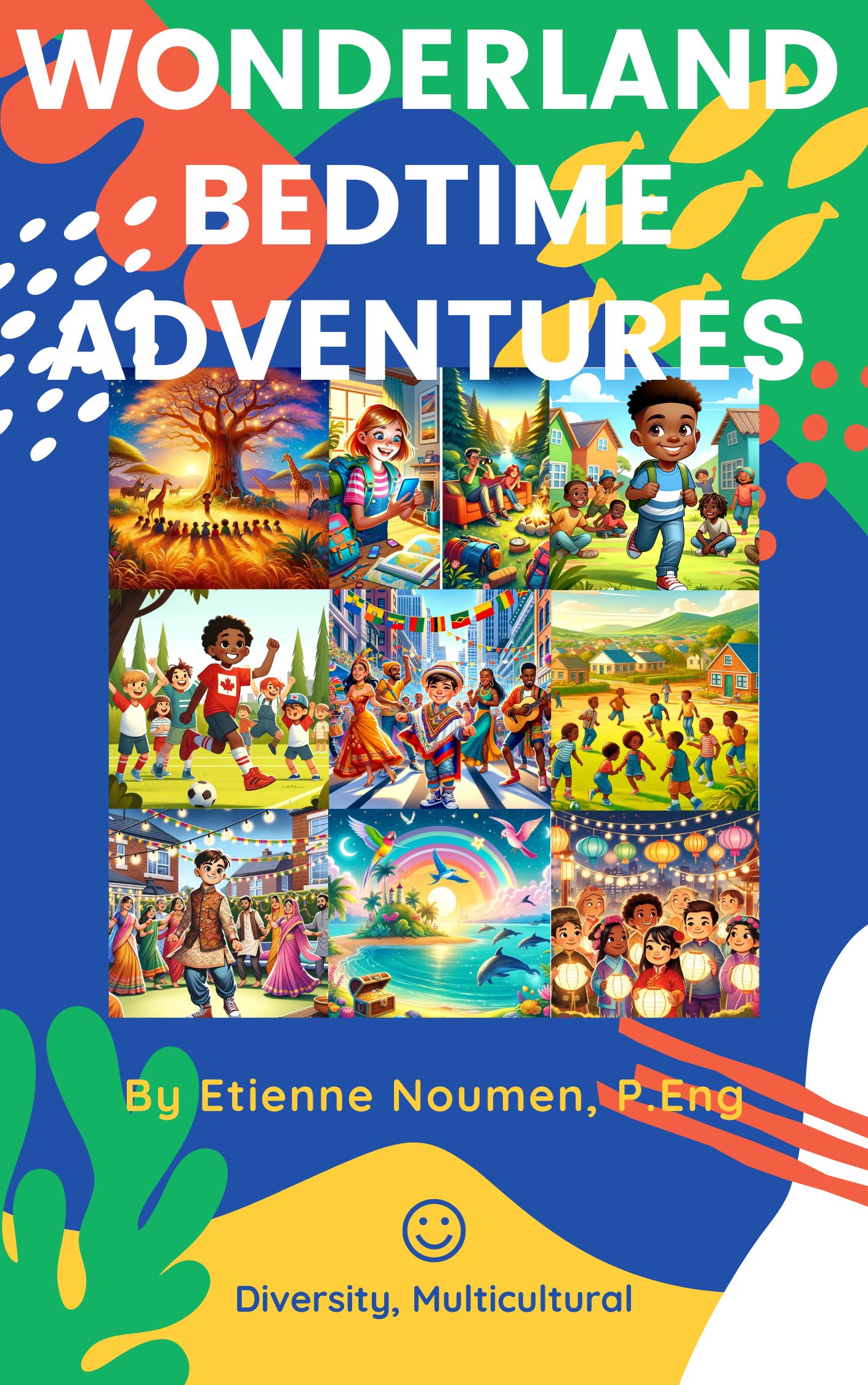
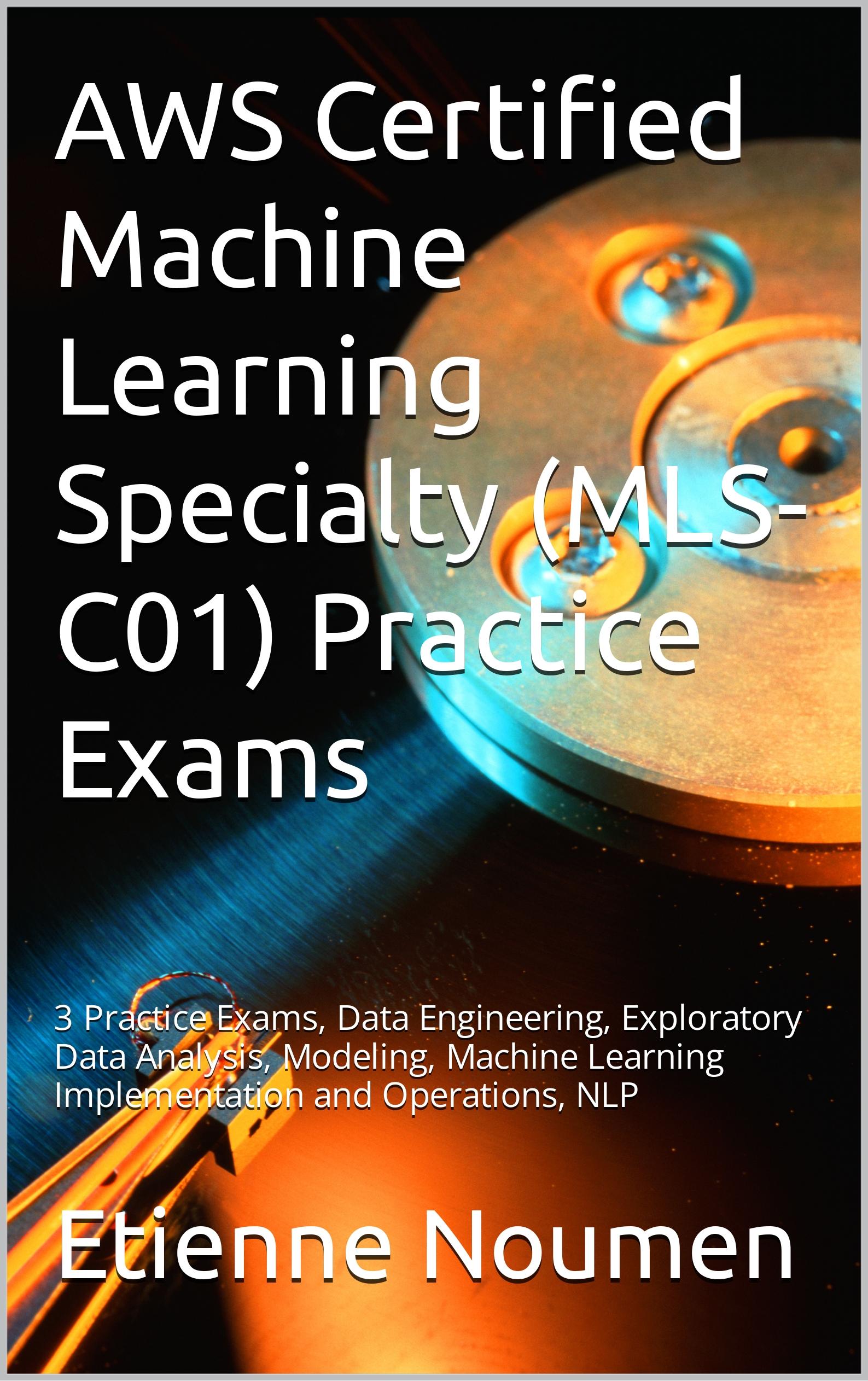







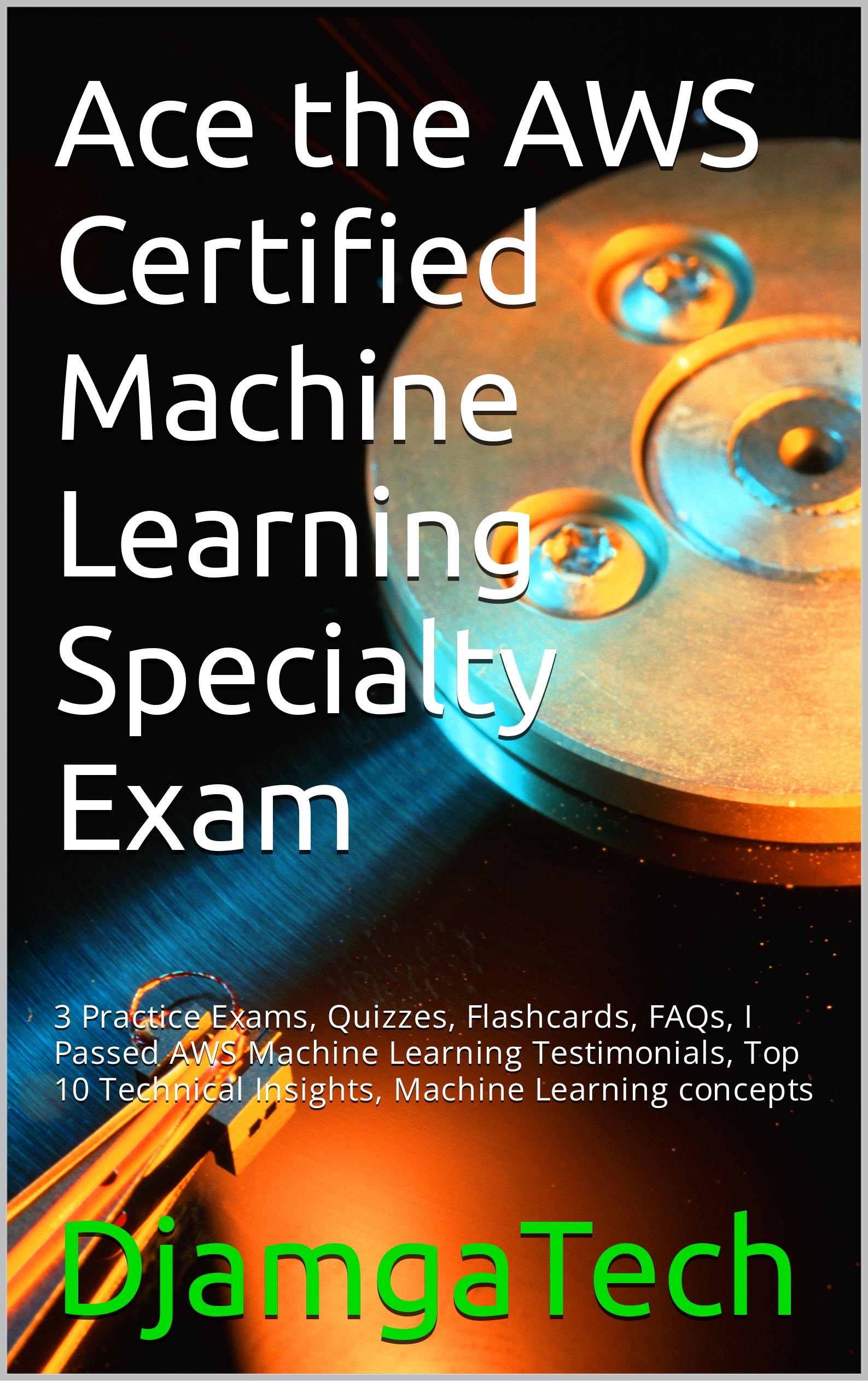

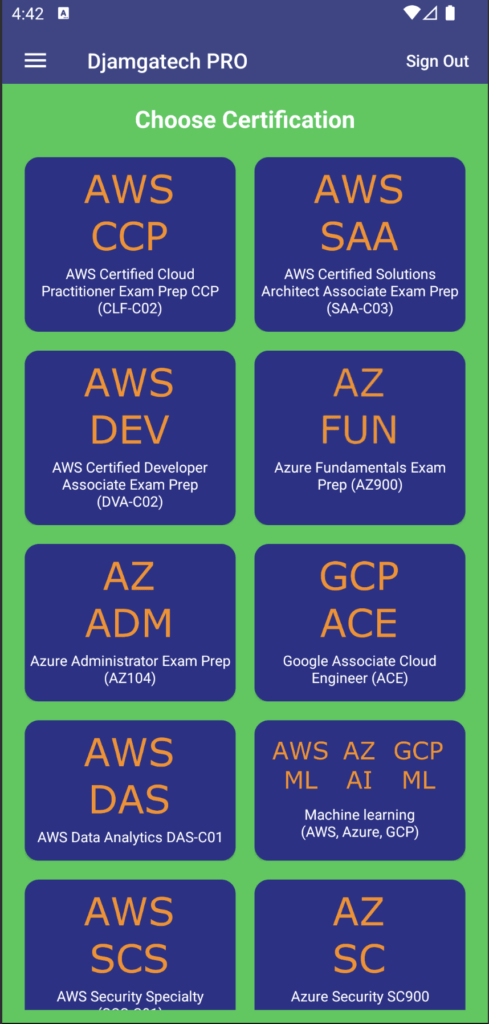

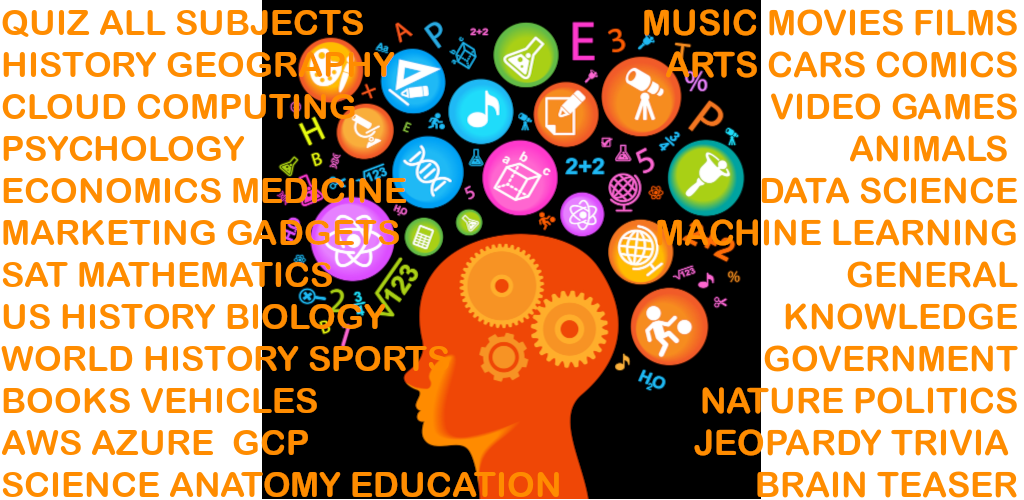

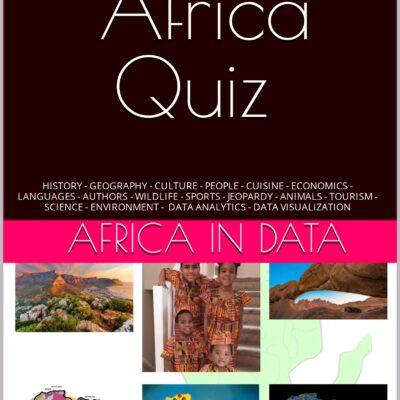

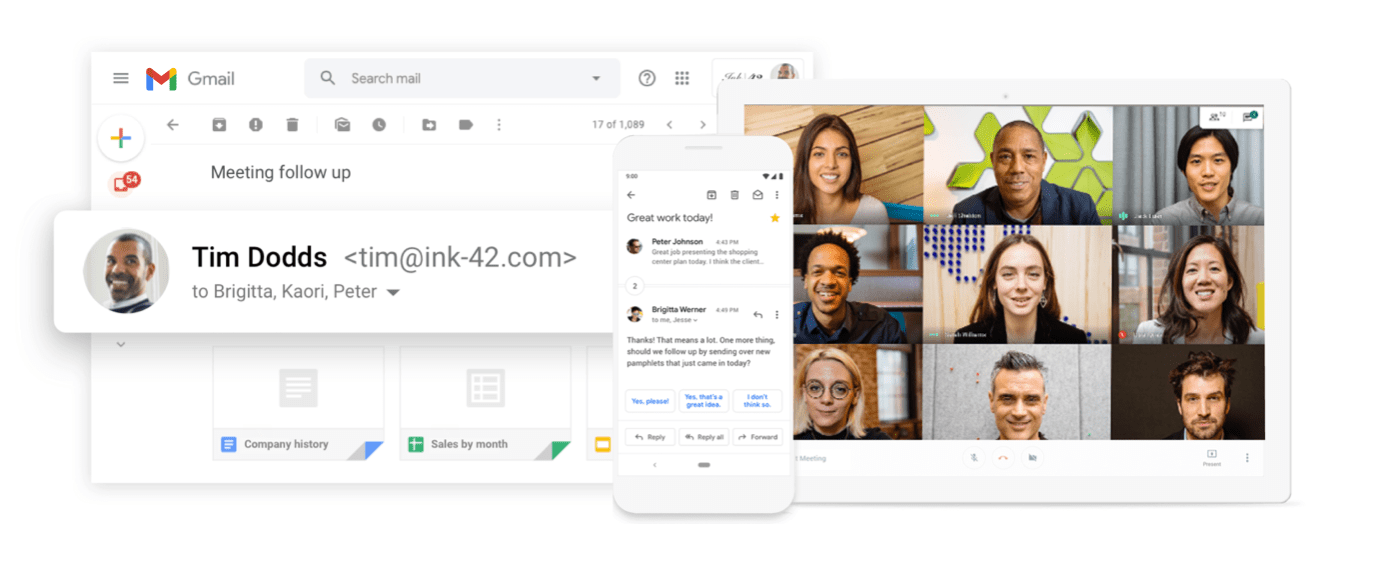 96DRHDRA9J7GTN6
96DRHDRA9J7GTN6